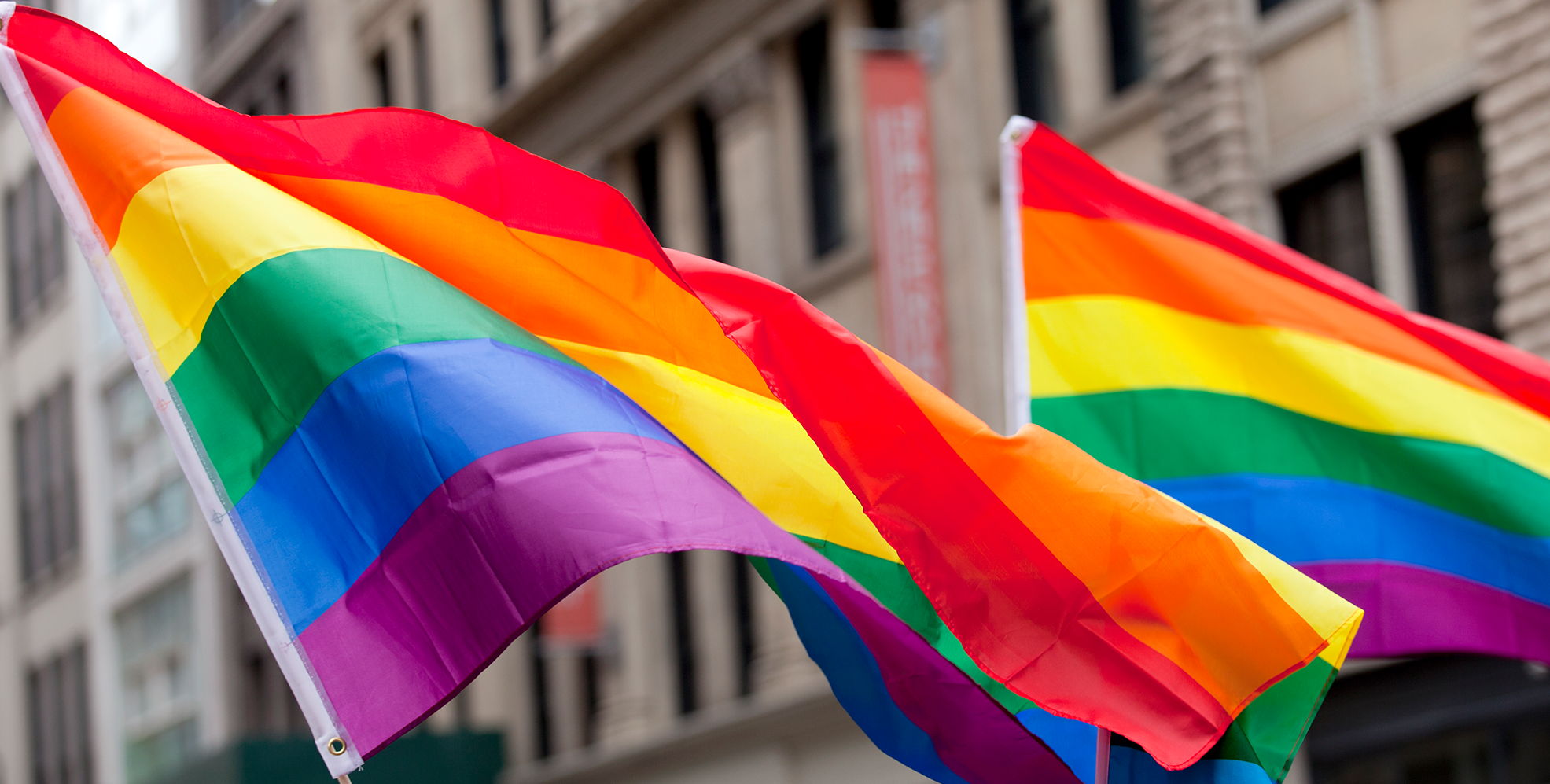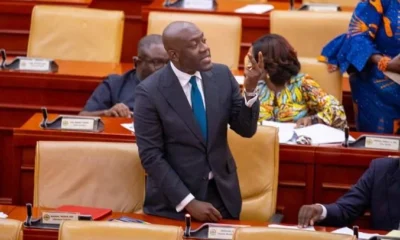Published
5 years agoon
By
Adubianews
Angola’s penal code criminalizing homosexuality dates to the colonial era, when the African nation was a Portuguese colony, and condemned same-sex sexual relationships as one of multiple “vices against nature.” As a result, gay people faced prison sentences of at least fourteen years.
After establishing a new penal code in 2019, the country’s president signed it into the law in November 2020, and it officially took effect on February 9.
LGBTQ activist Jean-Luc Romero-Michel called the new law “a great step forward” for the country.
Sheena Swemmer, a researcher and attorney who received her PhD from the University of Johannesburg, celebrated the move but criticized the country for taking so long to enact the legislation.
She told South Africa’s Sunday Times, “It was about time and it’s exhausting because you feel like it should have happened a long time ago. This is a movement in the right direction, but we are in 2021 and this should have already happened. We want this to happen across the continent and the world.”
At the time of the new penal code’s passage in 2019, Francisco Queiroz, minister of justice and human rights, called it an “an act of sovereignty by the Angolan State which, after 134 years of being governed in the criminal and criminal fields, with a code that has been in force since 1886, from the colonial administration, now has the penal code totally inspired by political reality, legal, cultural and social Angolan.”
Last month, the top human rights body of the Americas called on Jamaica to repeal its colonial-era ban criminalizing consensual same-sex relationships.
In a first-of-its-kind ruling for LGBTQ rights, the Inter-American Commission on Human Rights ruled that criminalizing LGBTQ people or same-sex behavior violates international law.


Asiedu Nketia Uses NDC Thank You Tour to Collect Feedback on Government


Speaker Urges Executive to Grant Parliament Permanent Land


Finance Expert Warns Cocoa Reforms Could Worsen COCOBOD Debt


Jinapor Swears In New VRA Resettlement Trust Fund Board


Minority Demands Dismissal of COCOBOD CEO Over Cocoa Price Crisis


OSP Questions Baba Jamal Over Alleged Vote-Buying in Ayawaso East Primary


Police Arrest Woman Over Fire Incident at Alpha Hour Founder’s Church


NRSA: Commercial Tricycles Still Illegal Under Ghana’s Road Traffic Laws


NADMO Launches Rainy Season Safety Campaign in Fanteakwa South Markets

























